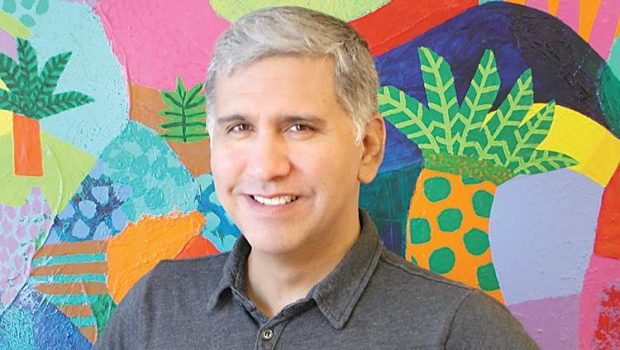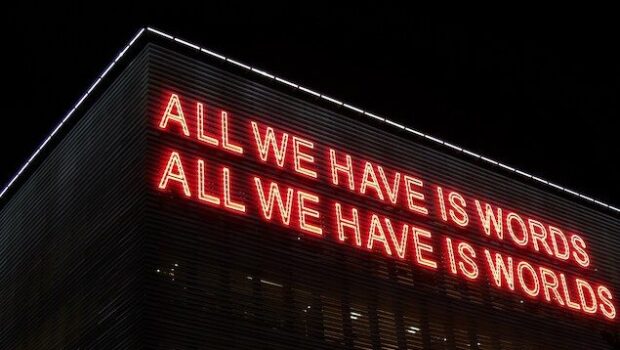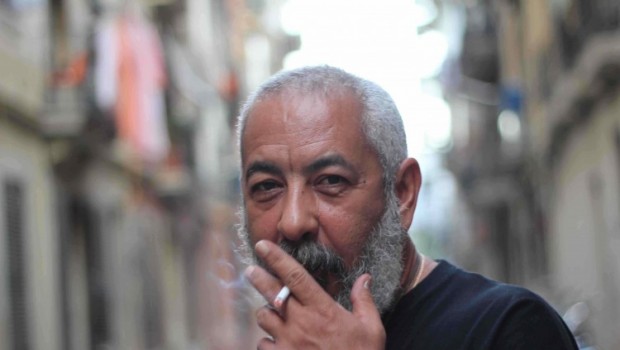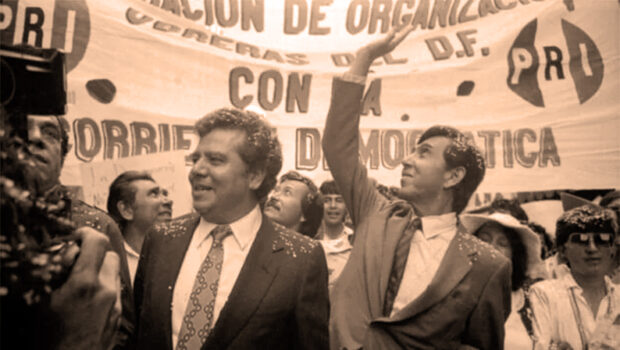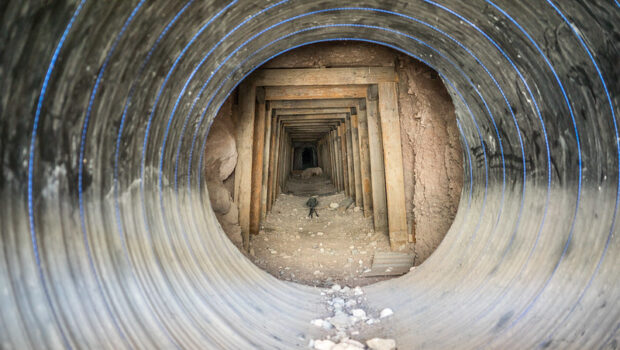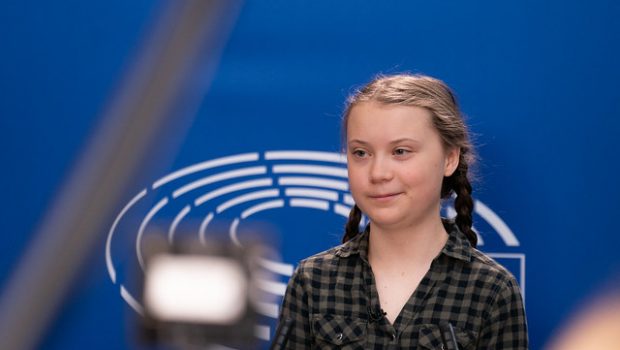Disparity
Henry A. J. Ramos
We must trust our own thinking.
Trust where we’re going. And get the job done.
—Wilma Mankiller
In the pages that follow, I offer both a critique of current trends in American political economy as well as a call to action and a peek into a select sampling of alternative emerging practices that, properly attended to and scaled, would do much to put America and the world on a more just and sustainable path. Presently, the topics covered here are of interest across the US political and intellectual landscape. There is no shortage of loud and enthusiastic voices entering the fray with varying ideas and opinions about what is happening in the current moment. There are fewer pundits offering more concrete and proven (or at least highly promising) alternatives. This book is my humble attempt to contribute to the discourse from a progressive perspective through analysis of the issues, but also with an eye to lifting up models of innovation that are showing us the way to a future of living democracy, economic restoration and environmental sustainability.
I come to the conversation with a healthy degree of reluctance and regret. Frankly, I wish it were not necessary to offer this contribution to the present discourse. I would have much preferred for national and global events over the past several years to take us in another, better direction, one that would have inspired a greater sense of purpose and continuing progress from a human and ecological point of view. But with the Fall 2016 election of Donald J. Trump to serve as the United States’ 45th president, and subsequent events, it has proven impossible for me not to make an impassioned plea for another pathway to the future. In the current context, it is vital for all forward-looking American civic leaders, intellectuals, artists, workers, youth, immigrants and others with strong opposition to the path we are on as a nation to actively express their concerns and proposals for a better way. What follows is my personal response to this imperative, first and foremost as a progressive American and, second, as a Latino American. On both fronts, the impulse to pen this work came during the very early stages of the 2016 Republican presidential primary, following Donald Trump’s announcement of his intention to seek the presidency.
In Trump’s very first statement as a candidate, he disparaged Mexican immigrants as drug dealers, criminals and rapists. Soon thereafter he had one of North America’s most prestigious Latino journalists, Jorge Ramos of the Univision Television Network, a naturalized US citizen from Mexico, physically removed from an Iowa press conference for asking uncomfortable questions about the candidate’s positions on immigration issues. Soon after that, Trump went on record arguing that a California federal district court judge, Gonzalo P. Curiel, a Mexican American who was slated to hear cases related to alleged wrongdoing by Trump University and the Trump administration’s authority to build a new wall separating the US and Mexico, was unsuited to preside over these cases owing to his Mexican heritage. Trump later went on to publicly chastise San Juan, Puerto Rico’s mayor, Carmen Yulín Cruz Soto, after Hurricane Maria, accusing her of “poor leadership” (following her criticism of Trump’s lackluster response to the crisis) and implying that the people of the devastated island were not doing enough to help themselves. And, most recently, in May 2018, he used the word “animals” to refer to the undocumented individuals being repatriated along the US southern border by ICE under the administration’s crack down on immigrants. These irresponsible assertions and actions were sadly matched by comparably objectionable and inappropriate comments made by Trump during his first two years in office, relating to African Americans, Muslim Americans, Native Americans, disabled Americans, women, African countries and others.
Trump’s public bigotry has been complemented in many instances by reckless policy decisions and proposals, such as withdrawing American support for the Paris Agreement on Global Climate Change, imposing significant new tariffs on China (risking a global trade war), and proposing that we combat mass public school shootings by arming school teachers and administrators. Such irresponsible positions have been met with international concern and a high degree of dismay on the part of Americans all across our nation. Indeed, the entire Trump phenomenon has put all people of conscience and goodwill in a troubled state of mind. And for good reason. The fact that someone like Trump could win the presidency at all suggests something fundamentally new and dangerous has transpired in modern American political and civic culture. Indeed, the kind of vile and divisive behavior exemplified by Trump is entirely unprecedented in American presidential history. To any rational, responsible and reasonable observer, current circumstances underscore that a certain unhinging has taken hold in relation to our national identity and psyche. This is not a safe or necessary situation for America or the world. Rather, it is one that calls for an extremely heightened sense of concern and a redoubling of organized efforts to resist Trumpism’s further degradation of American politics and culture.
But the problem is much bigger than merely Trump and the ideology of selfishness and division that his brand of leadership represents. Even more than that, the very nature of our political economy and civic culture has been transformed to such a degree in recent decades that our systems are simply no longer working for most people. Not only are too many of our people being exploited, abused and otherwise left behind in the swirl of trying to achieve or maintain cultural and economic security, but also the expanding machinations of America’s modern economy and consumption culture have left growing numbers of Americans feeling vacant and deeply unhappy. With rates of depression, substance abuse and suicide reaching unprecedented levels in recent years, it is hard to deny that all is not well on the home front. Indeed, if asked what they would want the country’s social, political and economic agreements to look like if we could start over from scratch, few Americans would support the idea of re-creating our current system. Rather, they would conclude that we badly need a change in course.
This book offers thoughts, ideas and suggestions specifically intended to help advance organized resistance to the misguided trends we currently see in our politics and economic practices, based on the work and thinking of progressive activists and innovators of many diverse backgrounds from all across America. To those who are in the vanguard of change advocacy and thus closest to the work and thinking highlighted here, there will be relatively few headlines in this reading. But for the many progressive Americans across the land, and others, who are deeply concerned and want change but are not situated at the center of gravity in politics and civic decision-making, this book will provide a valuable survey of the issues and a guide to the many ways their voices can be heard in the coming stages of our national journey. This is my main audience and intention in advancing the observations and perspectives that follow. Although the book is extensively researched and referenced throughout (building on highly credible information sources in each instance), there is no pretense that this is a scientific or scholarly work. Nor is there any representation that the leaders and groups included here are the only ones making meaningful change possible in contemporary America. Rather, the work that follows—largely journalistic in approach—offers a broad survey of proven and promising practices in democratic engagement and prosperity-sharing. These models in turn are emblematic of the range of innovative approaches progressive Americans need to champion in order to help make our national political economy more inclusive and responsive to common people.
To achieve these ends, however, will require progressive Americans to pursue and wield political power in unprecedented ways during the coming years. This is an inherent challenge for many on our side of the political spectrum. Often, both liberal leaders and progressive activists have demonstrated their discomfort with acquiring and using power in ways conservatives have not. For example, with only technical electoral college victories after losing the national popular votes in both the elections of 2000 and 2016, Republican presidents have subsequently acted in office as though they were elected with large mandates to enact far-reaching legislative and regulatory changes. In each instance, the resulting policies and actions have compromised our national strength and standing. By contrast, liberals elected to the presidency in 1992-2000 and then again in 2008-2016 have won handily at the polls, only subsequently to act with extreme caution once in office in ways that failed to maximize the advance of more progressive policies.
Given all that is presently at stake in our national political context, progressives simply have to develop a new relationship with power, one that is more enabling than disabling and one that is more suited to winning than losing. At the end of the day, this all boils down to being a matter of faith: faith in our ideas, faith in our positions and faith in each other. It is as the late, great former chief of the Cherokee Nation, Wilma Mankiller once said: “We must trust our own thinking. Trust where we’re going. And get the job done.” Once we adopt that imperative, once we are able to align our efforts and resources in service to it, and once we cast aside our doubts and differences in ways that harness the full breadth of our humanity and vision, progressive Americans will be able to change the course of our nation, and in the process to change our world. Indeed, this is what it will take to get the job done in the future that awaits us.
In many respects, I am precisely the sort of reporter that conservatives will roundly discount and criticize for my analysis and proposals in this volume. I am a native Californian and a graduate of two of our nation’s most prestigious liberal centers of higher learning: the University of California at Berkeley and Harvard University. During my formative studies at these institutions, I was mentored or otherwise taught by the likes of Laura D’Andrea Tyson (dean of the U.C. Berkeley Haas School of Business and former chief economic advisor to President Bill Clinton), Robert Reich (currently a U.C. Berkeley professor of public policy and a former secretary of labor during the Clinton presidency) and John Rawls (the late Harvard professor considered by many to be the most important liberal political philosopher of the twentieth century). I am also a former professional of leading social justice philanthropies, including the Ford Foundation in New York and the charitable grant-making foundation of Levi Strauss & Company in San Francisco. In addition, I am a longstanding member of the ACLU, an activist artist and immigrant rights advocate and a proud former board member of various progressive advocacy organizations, including the Women’s Foundation of California and Asian Americans Advancing Justice. All of these markers of my journey place me squarely left of center on the political and ideological spectrum.
However, despite these “credentials,” I am otherwise an unlikely individual to advance the perspective and arguments that I do throughout this work. In fact, I was raised in Los Angeles in a solidly conservative Republican household. My family owned a small business and enthusiastically supported Governor Ronald Reagan and other conservative politicians, such as Barry Goldwater, Jr. and John H. Rousselot, with whom my WWII-veteran father worked closely. My first real job was representing Latino armed forces veterans through the American GI Forum, whose leadership was then largely Republican. I was raised—and still pray—in the traditions of the Catholic Church. I live on a ten-acre ranch in a largely conservative rural community. I drive a 1993 Ford F-150 pickup truck and own a shotgun that I am occasionally called to use in order to protect my livestock from encroaching predators. In all of these respects, I simply am not the “liberal” stereotype conservative detractors may want to characterize me as because of the views expressed here.
Their potential attacks and rejoinders are of little consequence to me, because I present my case for needed fundamental change in America not to them but to progressives and to people who believe in the democratic promise. My aim here is precisely to “preach to the choir” in ways that will help those of us on the progressive left to better harmonize our efforts to achieve the change we seek, and that our nation and world badly need. I try to achieve that in part by offering a critique of everything that is not working in our democracy and economy today as a result of the last four decades of conservative-inspired gerrymandering, tax cutting, deregulation and trickle-down economics. But I also attempt to make the case for new and different approaches to solving public problems from a decidedly progressive perspective by providing examples of programs for building power and expressing our voices in order to restore the vitality of our waning democracy and our increasingly unequal economy.
In taking on this ambitious research and writing project, I knew I would need and benefit from much outside help. So I assembled a group of advisors and informants who are leading progressive activists and thought leaders. In addition, I interviewed a number of allied leaders and innovators in civic activism and social investment for their ideas and perspectives. Altogether, more than sixty such individuals were my consultants, all of whom are referenced in the Appendix at the end of this volume. Several of the experts interviewed and/or consulted provided especially helpful editorial review and suggestions warranting special recognition here. These include Darrick Hamilton, Scott Nielsen, Carl Palmer, Kathi Pugh, C. M. Samala and Susan Phinney Silver. The collective input and guidance provided by these many diverse sources proved to be essential. But while the inputs and counsel of these leading Americans were essential to the book’s completion in its final form, I alone am responsible for any and all conclusions herein that readers may find objectionable or otherwise questionable.
In addition, I have other friends and allies to recognize for their invaluable assistance with the completion of this volume. This includes my publisher, Dr. Nicolás Kanellos of Arte Público Press and his able team of editors and staff, including especially Marina Tristán, Dr. Gabriela Baeza Ventura, Nellie González Robledo and Beatríz Verónica Romero. For some forty years, Arte Público Press has served as the nation’s leading producer of Latino-related literary and art publications, as well as educational textbooks and contemporary nonfiction works covering issues of importance to Latino communities, the United States and the Americas in general. It has been my great privilege to be affiliated with the Arte Público Press for now half that time as an author, senior editor and special projects coordinator. I also owe heartfelt gratitude to Frank de Jesús Acosta, my valued research associate for the project and past collaborator on the Arte Público Press Latino Young Men & Boys book series, and Marsha Caldwell, my executive assistant. Both of these individuals have been longtime partners and supporters of my work.
I also wish to recognize the inspiration and example of various leaders and thinkers I once had the honor of collaborating with and learning from, who are no longer with us but whose life works have influenced my thinking and priorities over the years. These include, among others: Evelio Grillo, the long-revered Afro-Cuban Bay Area social worker, activist and writer; Tom Hayden, the late renowned peace activist and California state senator; Dr. Antonia Pantoja, founder of the education and youth empowerment organization ASPIRA; Russell Sakaguchi, the former director of ARCO/BP Foundation; Willie Velásquez, the legendary founder of the Southwest Voter Registration Education Project; and Lynn Walker-Huntley, my late former colleague and mentor at the Ford Foundation who led the organization’s civil rights work in the 1980s and 1990s. Leaders and thinkers like these committed their lives and sacrificed greatly for justice in all of its forms over many decades. Their experiences, and the grace and courage with which they faced a lifetime of challenge, should never be forgotten by those who continue to fight now.
Finally, I am particularly indebted to my deceased Mexican grandparents, Jesús and Carmen Rodríguez and Enrique and Josefina Ramos, whose vision and many sacrifices brought them to a successful life in the United States one hundred years ago, making possible all the many gifts that have been bestowed upon their progeny, and especially me. Their hard work, their devout commitment to the teachings and ways of the Catholic Church, and their selflessness in building for the future generations made a lasting impact on my own values and choices, for which I will be forever grateful. Most of all, I am indebted to my beloved wife, Claudia Lenschen Ramos, who for the better part of thirty years has endured my restless pursuit of justice and harmony in our otherwise troubled world, and who has always been there to support me throughout the journey. Without her unwavering and unequivocal support throughout my research and writing, this volume simply would not have been possible.
Henry A. J. Ramos
June 1, 2018
Excerpt from Democracy and the Next American Economy by Henry A. J. Ramos (Arte Público Press, 2019)
Posted: August 29, 2019 at 8:30 pm


